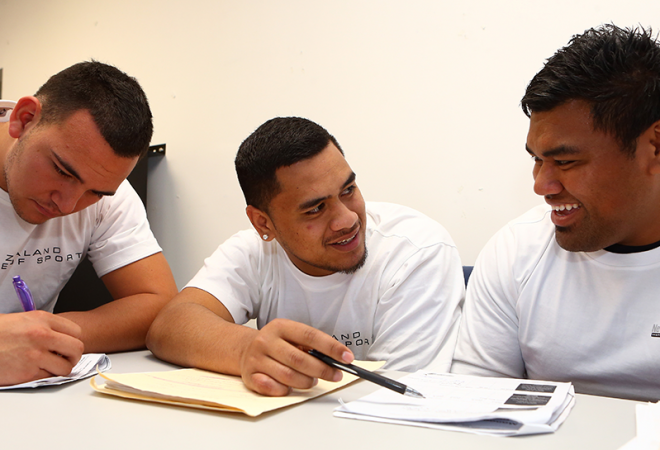
Empowering Students' Futures: Learners with Dyslexia, Dyspraxia, and other Learning Disorders
Status
Completed: 1 December 2008
Project Details
A project, undertaken by Christchurch YMCA Education Centre, to develop a good practice guide describing Y's Words, which is a programme shown to enhance literacy and numeracy among students with learning disorders such as dyslexia, dyspraxia and dyscalculia.
Aims:
The main aims of the project were to:
- foster a supportive, family-orientated atmosphere where the tutor, through trust and humour, encourages the learners to feel secure and ‘at home’
- promote learning in a more positive, effective and productive manner
- assist learners to enhance their literacy and numeracy within a positive, encouraging and effective environment.
Methodology:
The project used a case study methodology.
Team

Valerie Weir
Christchurch YMCA Education CentreStatus
Funding
$4,500.00 (excl GST)
Key Findings
The key findings from the project included:
- Our records show that Y’s Words learners have a higher attendance rate than other learners in other courses on site. This is rewarding as these same learners were often the truants in the state education centres.
- Through the development of the learners’ literacy and numeracy their individual confidence, esteem and belief in themselves have increased markedly.
- The factors that contribute to Y’s Words success include: individual learning plans designed for each student, with work at their own individual skill ability; Toe by Toe (Cowling & Cowling, 1993), a reading phonics-based programme accessed through Linwood College/Lane Trust; an initial assessment that shows where the learner is at on enrolment, and what needs to be taught next according to the learner’s weaknesses; computer work, including programmes that reinforce literacy and numeracy; positive tutor attitude to the students; easy access to individual portfolios; student inclusion and involvement with the complete Youth Training Programme.
Key Recommendations
The key success factors from the Y’s Words project included:
Tutor characteristics | Tutor characteristics: open-minded, flexible, and adaptable, willingness to source other strategies for teaching, honesty, respect, a family atmosphere, pastoral care and humour, constant searching for ways to evolve teaching to enhance student learning.
Programme characteristics | Programme characteristics: meeting individual needs, transparent access to their record of learning, flexibility in strategies used, evolving techniques, use of a wide range of resources, listening to learner needs and wants, going outside the square, and knowing that each student is different and catering for those differences within the programme.
A research report prepared by Valerie Weir.
(PDF, 203 KB, 5-pages).
- 1 December 2008